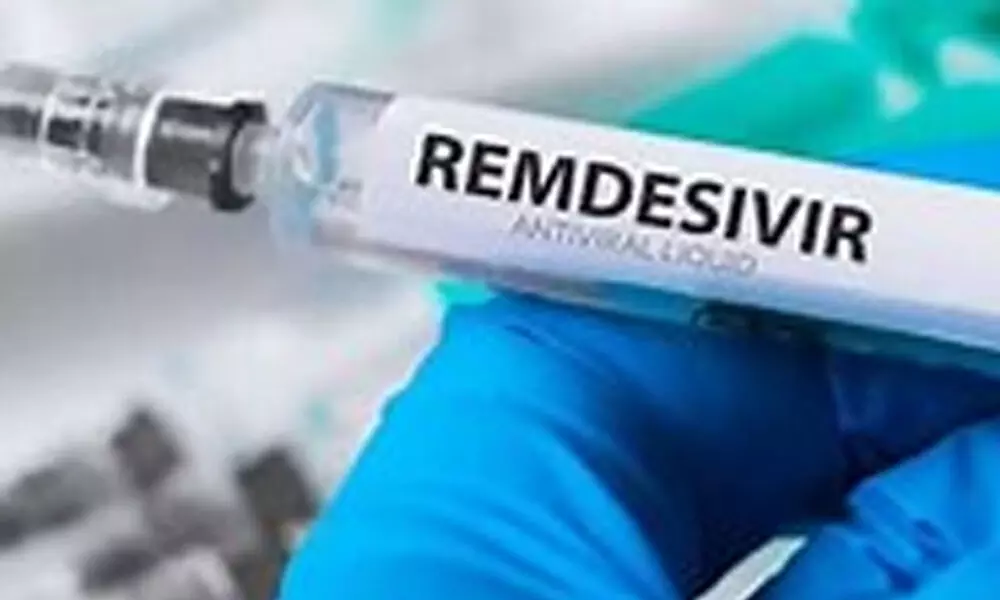Chemotherapy medication outperforms Remdesivir against Covid virus
A chemotherapy medication originally developed to treat lymphoma has outperformed the popular remdesivir drug against SARS-CoV-2 in lab settings, and could potentially be repurposed to treat Covid-19, say researchers.
image for illustrative purpose

A chemotherapy medication originally developed to treat lymphoma has outperformed the popular remdesivir drug against SARS-CoV-2 in lab settings, and could potentially be repurposed to treat Covid-19, say researchers.
A novel computational drug screening strategy combined with lab experiments suggest that pralatrexate drug is a promising candidate for Covid-19 patients.
The novel screening approach identified four promising drugs, which were then tested against SARS-CoV-2 in lab experiments.
Two of the drugs, pralatrexate and azithromycin, successfully inhibited replication of the virus.
Further lab experiments showed that pralatrexate more strongly inhibited viral replication than did remdesivir, a drug that is currently used to treat some Covid-19 patients, said Haiping Zhang of the Shenzhen Institutes of Advanced Technology in Shenzhen, China.
Zhanh and team screened 1,906 existing drugs for their potential ability to inhibit replication of SARS-CoV-2 by targeting a viral protein called RNA-dependent RNA polymerase (RdRP).
The findings, published in open-access journal PLOS Computational Biology, suggest that pralatrexate could potentially be repurposed to treat Covid-19.
"However, this chemotherapy drug can prompt significant side effects and is used for people with terminal lymphoma, so immediate use for Covid-19 patients is not guaranteed. Still, the findings support the use of the new screening strategy to identify drugs that could be repurposed," the researchers noted.
With the Covid-19 pandemic causing illness and death worldwide, better treatments are urgently needed. One shortcut could be to repurpose existing drugs that were originally developed to treat other conditions. "We have demonstrated the value of our novel hybrid approach that combines deep-learning technologies with more traditional simulations of molecular dynamics," Zhang said.
He and his colleagues are now developing additional computational methods for generating novel molecular structures that could be developed into new drugs to treat Covid-19.

